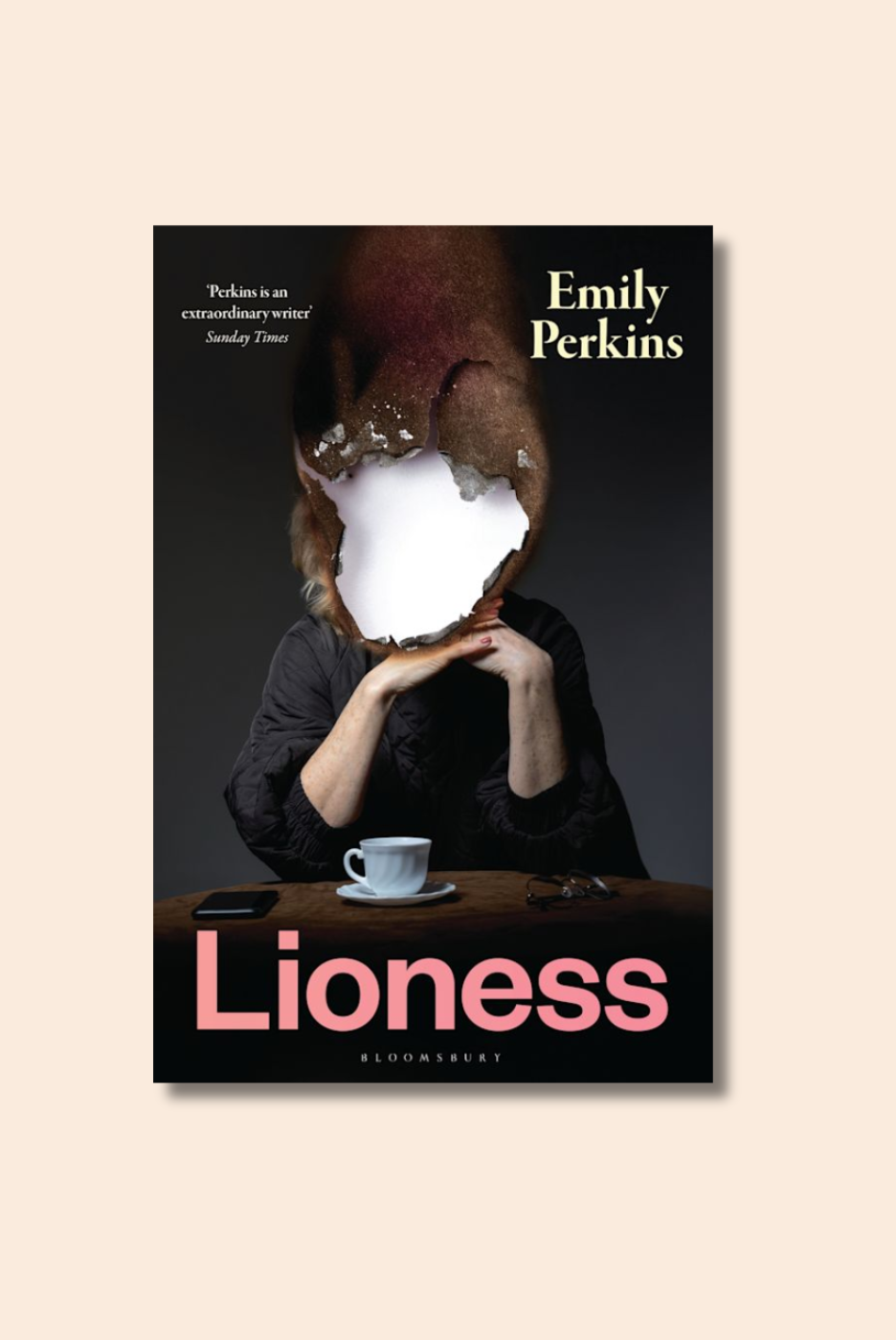Just finished Succession? If, like me, you’re grappling with a Roy family-shaped void in your life, then the answer may not lie in another box set but rather a new novel. Specifically, Lioness by Emily Perkins – also about a family empire during a particularly testing season in their lives.
But while Succession and Lioness share pleasing similarities – namely that both revolve around obscenely wealthy families – there are several key differences. Where Succession featured a blasphemous monster of a man and his emotionally stunted adult children as its focus, Lioness is a study of a woman as she considers if change is possible in midlife.
And instead of New York Lioness is set in New Zealand. Wellington, specifically. Still, my craving to observe the rich struggle, and test the limits of late stage capitalism on a person’s capacity to obtain fulfilment, was more than satisfied.
My craving to observe the rich struggle…was more than satisfied.
Lioness is the fourth novel by Women’s Prize longlisted author Emily Perkins. As with many of her previous works, it examines the state of womanhood and the constructive nature of conditioning. In this instance, the woman in question is Therese Thorne, a 50-something, luxury lifestyle brand owner.
A woman with an elaborate facial routine, who does “a million invisible things” to make the day good, and who brings her own branded bunting to decorate (one of her many) holiday homes, it’s difficult to discern where Therese Thorne ‘the brand’ ends and where the actual person begins. Either way, there’s little room in either to consider what it means to be a woman beyond a curated aesthetic.
“Women, en masse, made me uneasy,” Therese admits at one point in Lioness. “I didn’t like the whole thing of ‘being’ a woman any more than I liked being blonde, or average height. I didn’t like the special pleading, I didn’t like the words ‘gender’ or ‘patriarchy’ or talk of the female brain. It all just seemed like someone else’s doing.”


Therese’s life hasn’t always been one of charm and privilege. Previously named Teresa, we learn that she grew up poor and has moulded herself into someone who could be accepted amongst high-society. A necessary means to an end with the end being wealth as a form of wellbeing, security, comfort, ascension, and contentment. But contentment is not fulfilment, nor is it happiness.
When Therese’s husband—a property magnate 20 years her senior—comes under fire for allegations of corruption and historic fraud, her life begins to unravel and Therese’s insistence on order and politeness and doing the right thing slowly dissolves.
“I felt dizzied by the number of choices it had taken, to become what I thought a woman was. Growing up as a series of acceptability tests. Can you laugh, can you flirt, can you listen, can you resist. For so long, none of it was real, until one day it had formed you, even as a faint voice told you this was just what you’d learned, not who you were.”
It’s no coincidence that this new mentality coincides with Therese forming a friendship with her neighbour Claire—a woman who’s own midlife reckoning resulted in a sort of radical deprogramming whereby she removed the things in her life holding her back from ‘freedom’ (everything from her antidepressants to her jewellery collection to her expensive anti-ageing serums went in the bin).
“Dig yourself out!” she urges.
Therese begins to catch on. Referring to her relationship with her husband, she realises: “I existed in relation to him. Sun, moon. Oak, sapling. Wife. Of.”
Following Therese down this road of reckoning and transformation is a deeply satisfying reading experience. I suspect that some readers will get to the end of the novel and want more of the transformation, but that’s only because they’ll be reading it like a manual. And I can already picture the furious head-nodding this book will elicit in women’s book clubs around the country.
Like Charlotte Wood’s The Weekend and Taffy Brodesser-Akner’s Fleishman Is in Trouble, Lioness’s potency lies in its ability to articulate the feminist zeitgeist. And I certainly didn’t get that from watching Succession now, did I?!
Want more stories like this? Sign up to PRIMER’s free e-newsletter.













No Comments